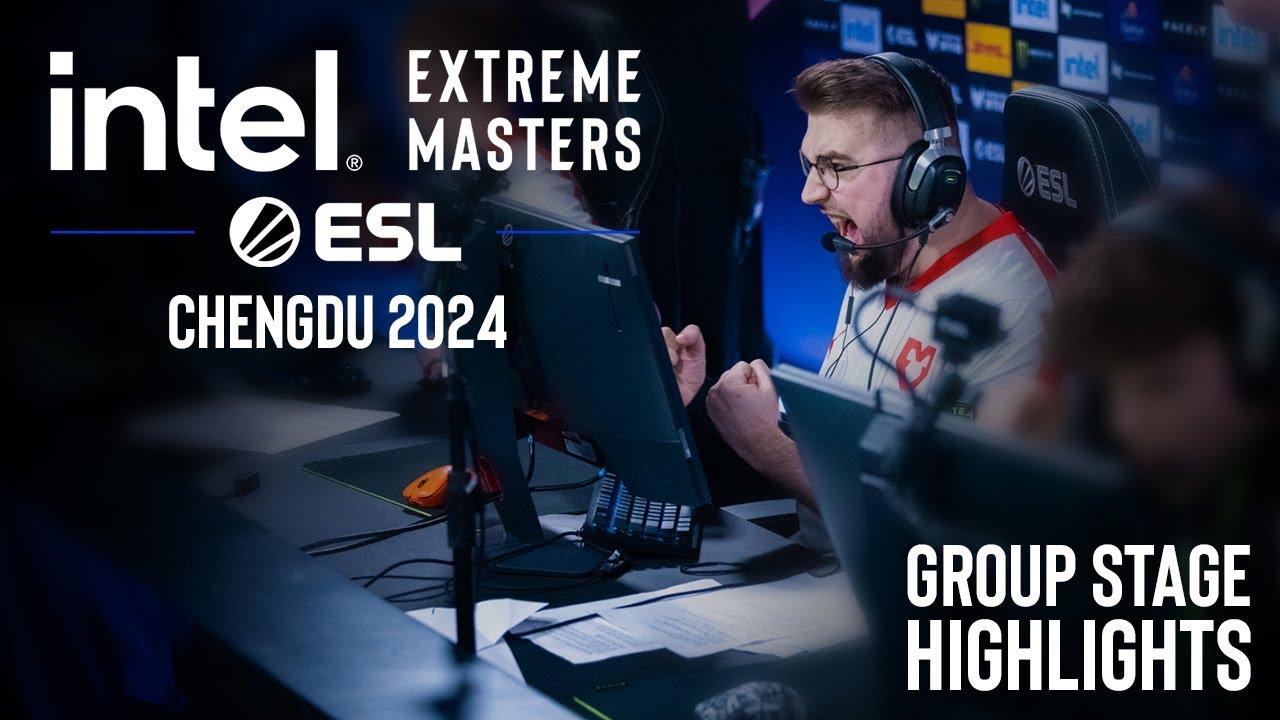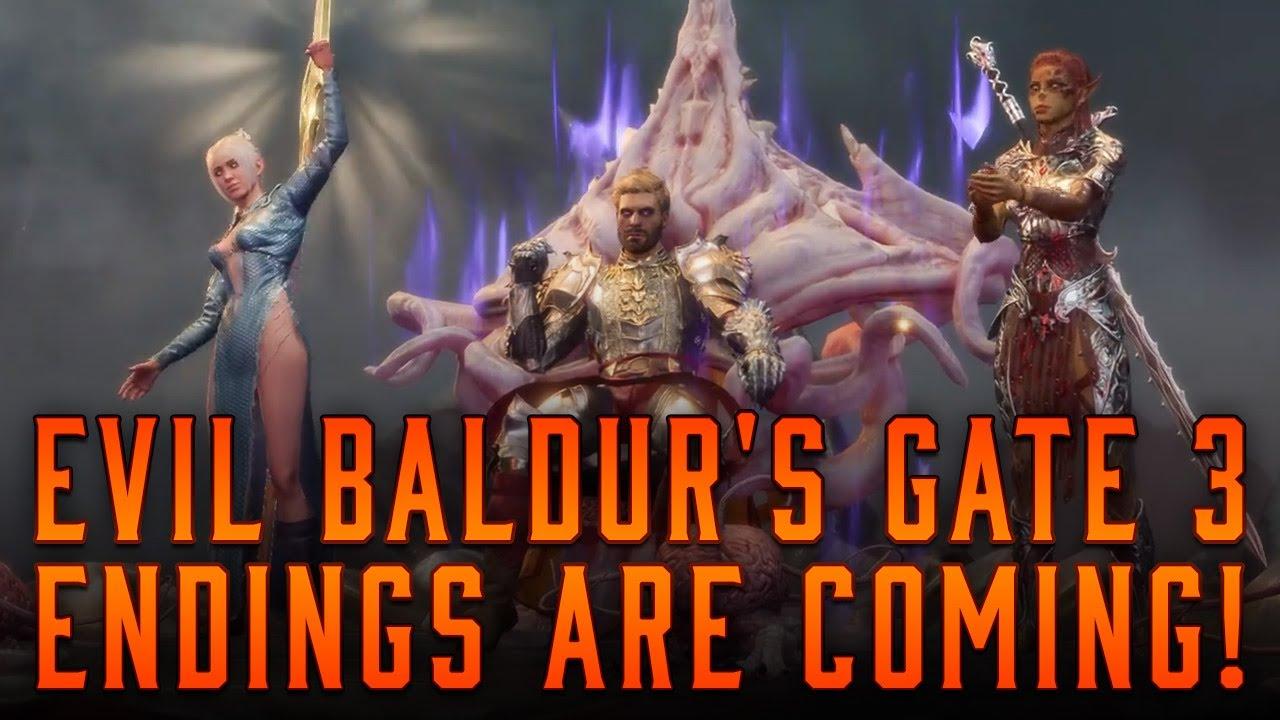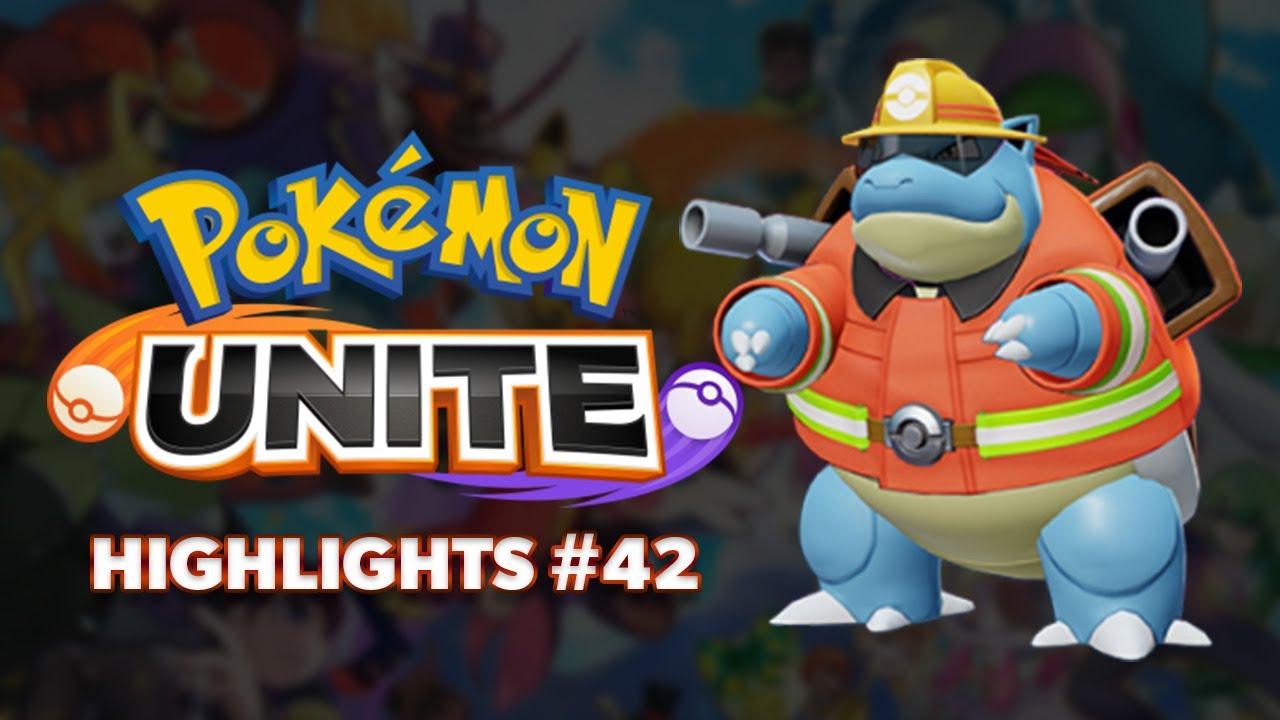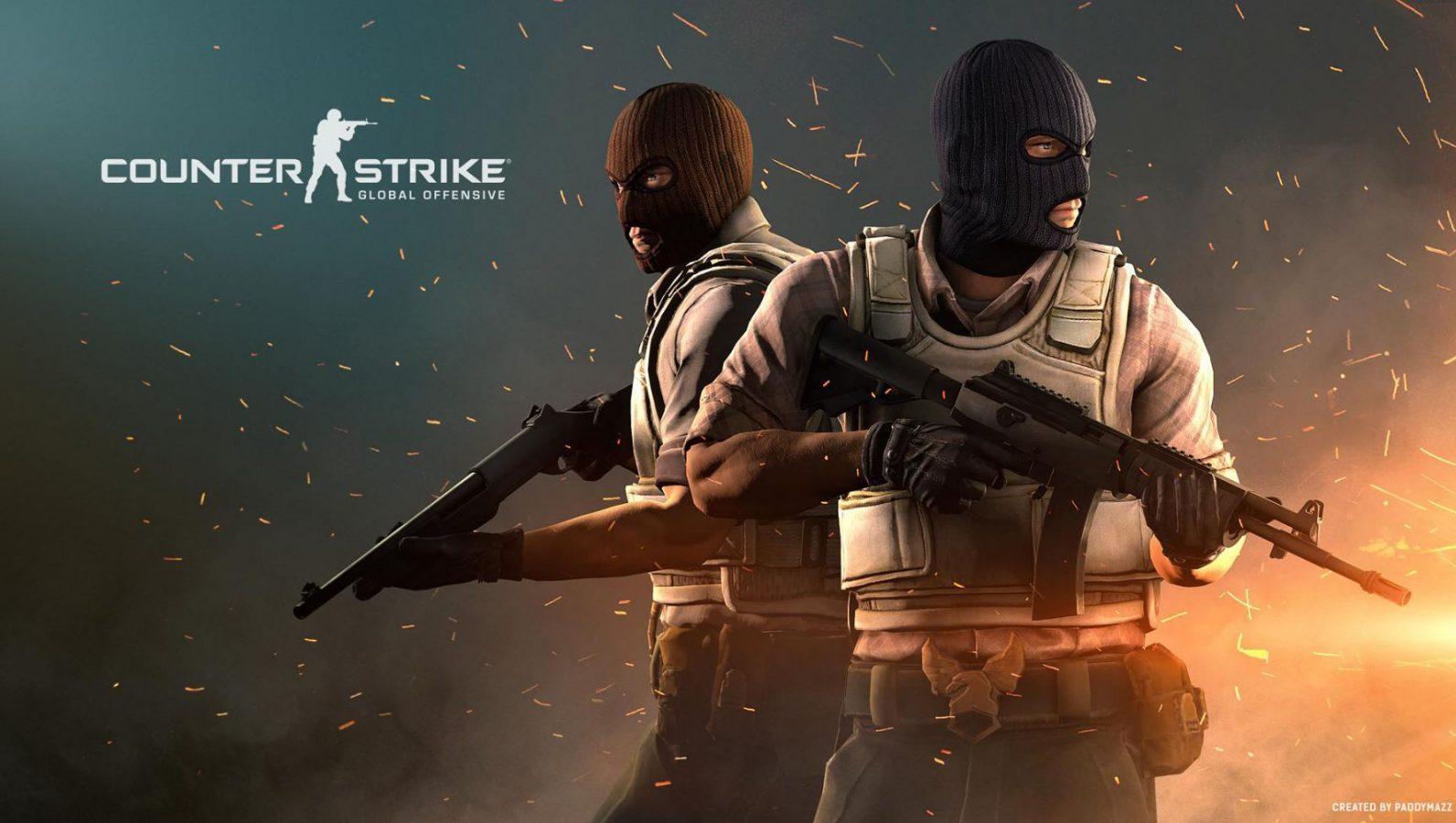
Explaining all of the different roles on a CSGO team
Counter-Strike: Global Offensive is a first-person shooter with a heavy emphasis on the tactical part of the game. Players have to do much more than just shoot the enemy in order to be consistently successful.
With this in mind, these are the different roles that exist within a CSGO team.
The in-game leader
The in-game leader, or IGL for short, is the tactical mastermind behind the team. They decide what the team does, where it goes, and change those plans based on the information gathered.
As a terrorist, the IGL has to explain the tactical approach for each round. The IGL has to decide whether the team attacks A or B, if they rush or play it slow, and how much utility they will need to use. They direct their teammates and give instructions on how they should start the round.
But the most important part of being an IGL is changing the plan when needed. If they realize their game plan is countered by the opposition, they have to be quick of mind and come up with a new strategy.
Playing as a counter-terrorist, the IGL needs to keep track of what the enemy is doing and make an estimated guess about what they will do in the future. They need to adjust the defense of their team tp account for the incoming attack.
The entry fragger
The entry fragger is potentially the sacrificial lamb of a team. They’re the playmaker, the most aggressive player, and often the first one to die in an engagement.
The entry fragger is the first one to rush onto a site as a terrorist. They have to surprise the opponents by quickly taking space, disorganizing the defense in the process. They can be smart and deliberate, pushing at the right moment, supported by their teammates’ flashes, or they can play a hyper-aggressive style.
If an entry fragger pushes through a smoke and dies, their death might not be in vain. If they can spot enemies, report the information to their team, and give their IGL the knowledge needed to make a good call, they have successfully played their role.
The AWPer
The AWPer is the sniper of the team, and they use the scoped rifles for long-range engagements. The terrorists typically have one dedicated sniper, while counter-terrorists may decide to use two.
The AWPer usually plays around the center of the map. This open space is ideal for the type of fights they want to pick: long-range engagements with individual players. Quick reflexes and patience are the best qualities for a successful AWPer.
The AWPer is a stabilizing factor for a team. Once they’re locked in on an angle, their teammates know they don’t have to fear an enemy peeking from that part of the map.
The support
The term “support player” makes it seem like this is a role for less talented players. But the name doesn’t always do justice to what this player really does.
The support player plays in the backline of the team, plays more passively, and is deliberate in all their actions. Sometimes, the most important thing the support player does is stay alive, as they may have to make an impact later in rounds.
But there’s a great variety in what they can do. They can lurk, playing on the other side of the map relative to the rest of their team. Their presence might trigger the opponent to believe that they’re not alone. Or they could use their utility to help their team enter a site while defending their flank.
The support player of a team often has a reputation for being a great clutch player. Thanks to their passive positioning, they’re the designated survivor of an attack.
The star player
All the previously mentioned roles can play into the star player. The IGL gives him the best possible scenario to shine, the entry fragger makes space for him to pick favorable fights, the AWPer gives him the possibility to focus on certain parts of the map, and the support player has their back.
The star player is the one putting up the biggest fragging numbers. They have to be on top of the scoreboard in order to be most successful, and they are expected to turn advantages provided by their teammates into wins.
While every CSGO player wants to see himself as a star player, the role brings a lot of responsibility. If you miss your shot, the work of your teammates has been in vain. You have to consistently perform at the highest level to justify filling this role.
Recommended

All maps are now available in CS2, what does it mean?
Poor Inferno players.
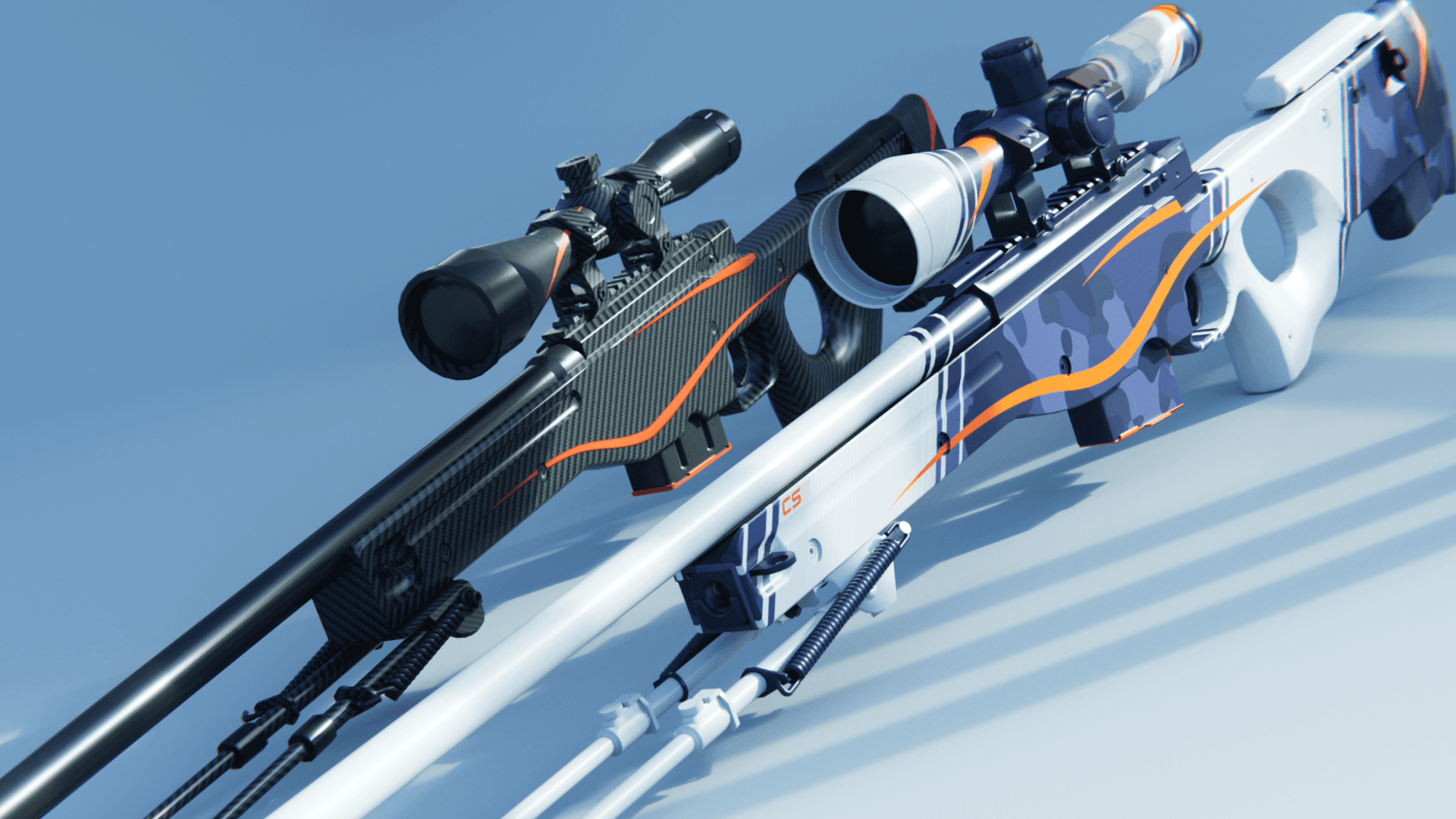
Redline creator reveals a sequel skin for CS2
Maybe call it the Orangeline?
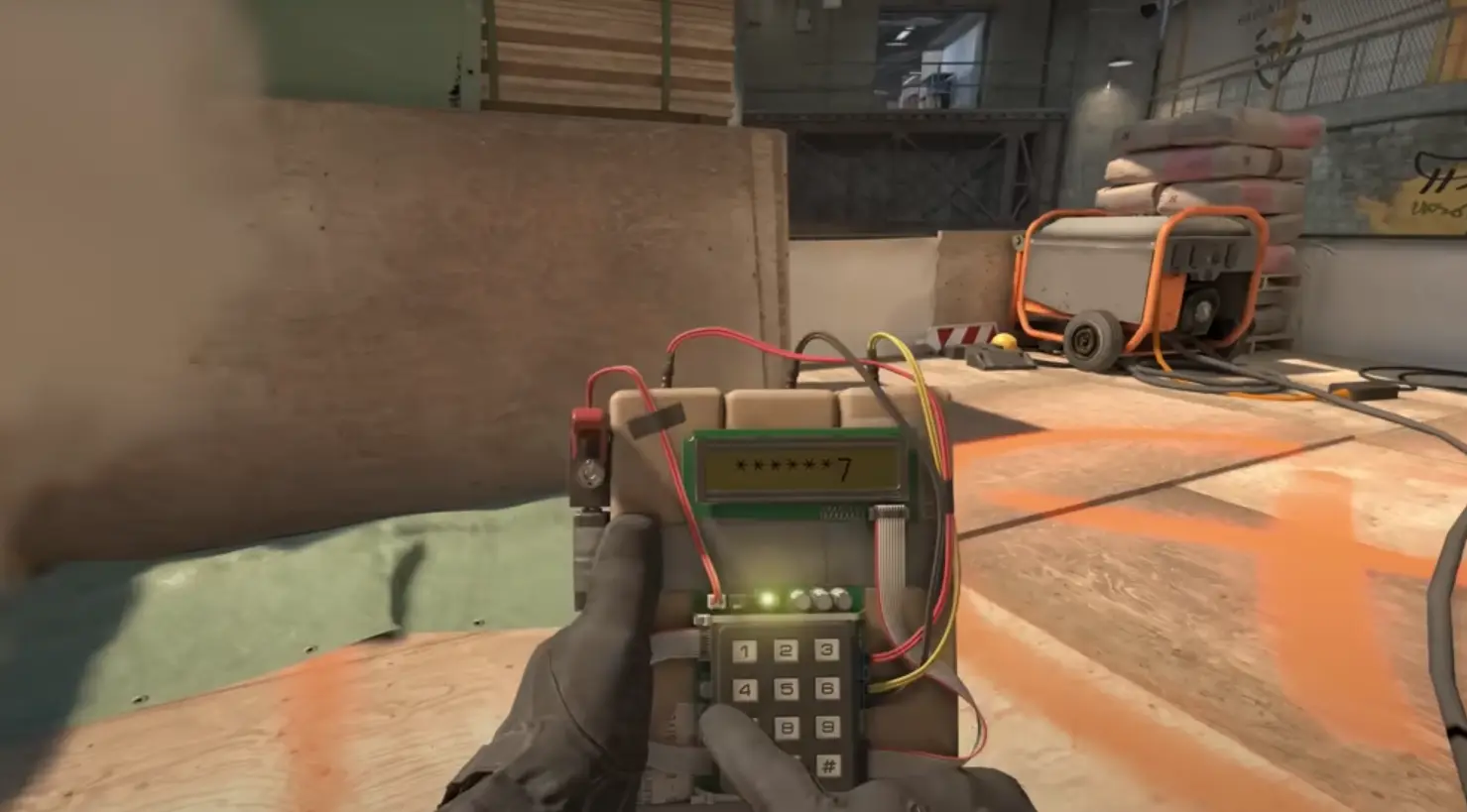
CS2 release date: Everything we know so far
Is it CS2-morrow? No, it is not.


